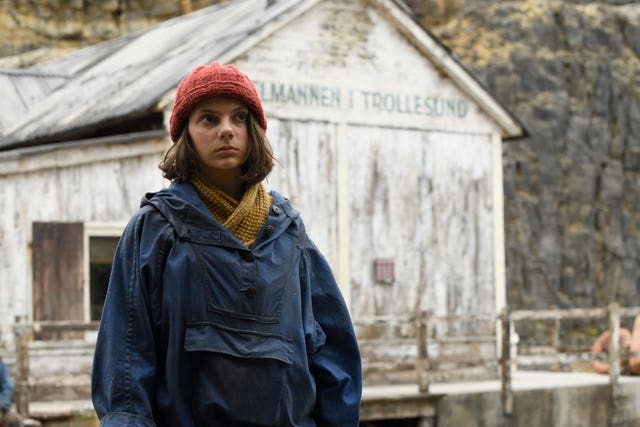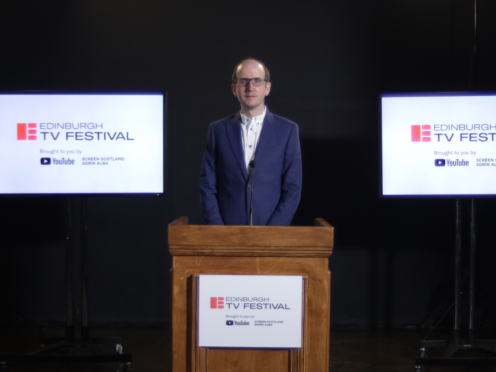Screenwriter and playwright Jack Thorne has urged the TV industry to do more for disabled people, saying it has “utterly and totally” failed them.
He also spoke about being diagnosed aged 20 with cholinergic urticaria, which makes sufferers allergic to their own body heat, describing it as “chronic and very painful”.
Thorne, the winner of five Baftas, has written for TV series including His Dark Materials, Kiri and The Virtues, and films including Enola Holmes, The Secret Garden and The Aeronauts.

The 42-year-old also wrote the script for Harry Potter And The Cursed Child, the Olivier and Tony award-winning play based on the wizarding books by JK Rowling.
While delivering the prestigious MacTaggart lecture at this year’s Edinburgh TV Festival, held largely virtually due to the coronavirus pandemic, he went on to say that due to his own personal circumstances, he has “considered it a vital part of my working life to try and further the disabled cause”.
But he admitted: “And in the most part I’ve failed. Mostly because of my own inadequacies. But also, because the TV world is stacked against the telling of disabled stories with disabled talent.”
Thorne described disability as “the forgotten diversity, the one everyone leaves out of speeches”.
He added: “Gender, race, sexuality, all rightly get discussed at length. Disability gets relegated out. In conversations about representation, in action plans, and new era planning, disability is confined to the corner, it remains an afterthought.
“Actors – actors I admire – have taken roles they shouldn’t have; I’ve been complicit in some of those decisions. Producers have ignored disabled writers.
“Commissioners haven’t taken the opportunity to tell disabled stories. There are very few disabled people in front of the camera, and even fewer behind it.
“TV has failed disabled people. Utterly and totally.”
Addressing the ways in which the industry needs to improve, Thorne urged TV commissioners to hire disabled people to tell their own stories.
He also highlighted the impact of the pandemic on disabled people, adding: “It has, of course, been a cruel year. Just like last year was a cruel year. We have all lost so much.
“And, personally, I think the greatest thing we lost was a bit of humanity. Because this year was a year of ableism like I’ve never seen before. This was a year when a lot of disabled people died.”
He said the term underlying health condition, used to described those more clinically vulnerable to coronavirus, had helped people accept “this unnecessary death” and the “ridiculous idea” that there are “two ranks of deaths, those who people should worry about – those who are ‘healthy’ – and those who are not”.
Thorne follows in the footsteps of Rupert Murdoch, Armando Iannucci and Michaela Coel in giving the lecture.
